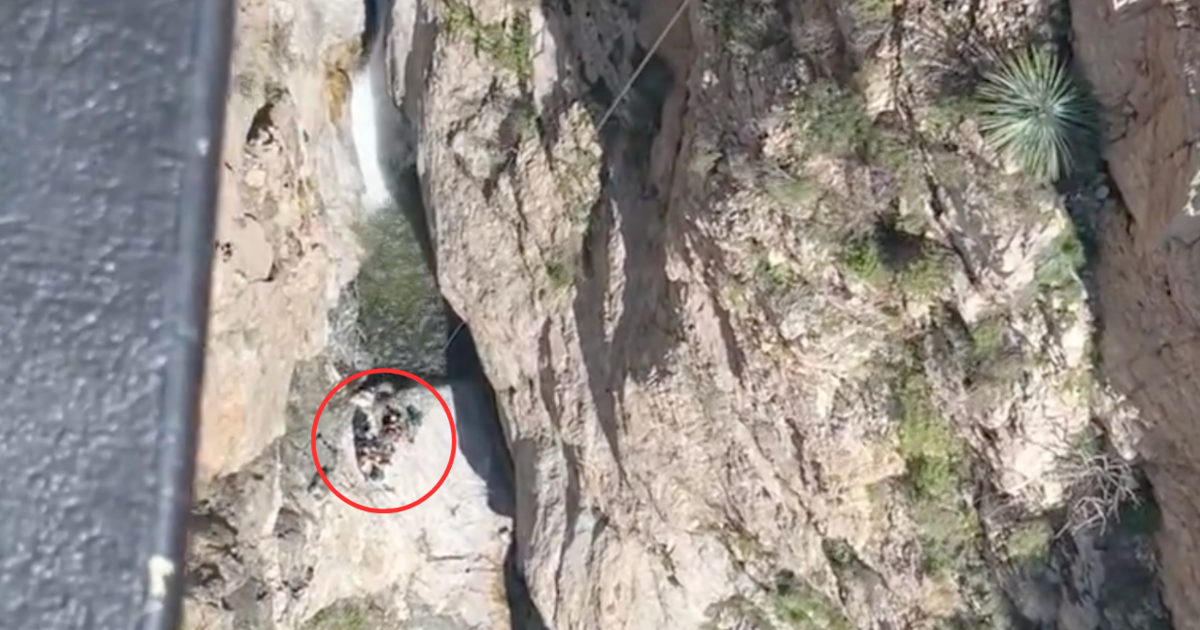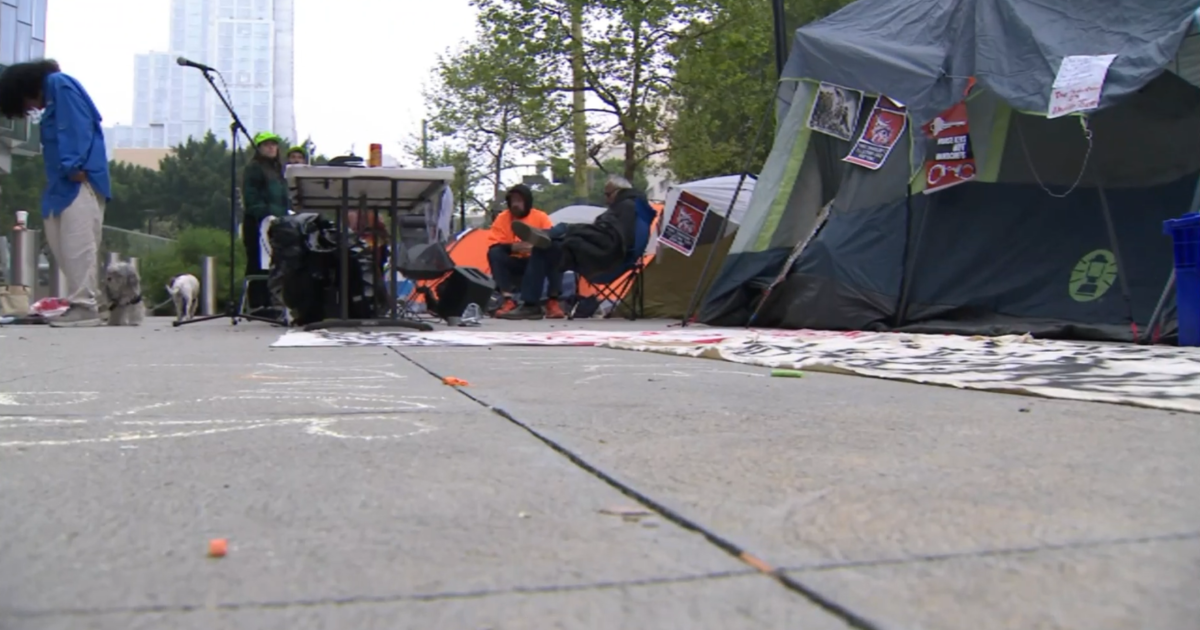Internment Art To Be Displayed At Japanese American National Museum In L.A.
SAN FRANCISCO (AP) — A California museum has acquired an art collection created by Japanese Americans held in internment camps after an East Coast auction house canceled the sale of photographs and other artifacts amid protests.
The Japanese American National Museum in Los Angeles will display the collection of art done by people of Japanese descent who were imprisoned over fears that they were spies.
Roughly 120,000 Japanese Americans were incarcerated at 10 relocation camps after the Dec. 7, 1941, Japanese bombing of Pearl Harbor.
"The mission of the Japanese American National Museum is to share this story," said museum President and Chief Executive Officer Greg Kimura. "We honor the sacrifice of our forebears who suffered to prove their loyalty to the U.S. by ensuring that such Constitutional violations never happen again."
The collection includes nameplates carved from wood that were once attached to tar-paper barracks, watercolor and oil paintings, wood animal sculptures, wooden furniture and black-and-white photographs of residents in their daily lives.
The art and artifacts will become part of the museum's permanent collection, which includes more than 100,000 items. Museum spokesman Ben Mann said there are no plans yet for an exhibition specifically featuring the internment items, though that is a possibility.
The announcement about the exhibit came during the museum's annual gala dinner, which honored Star Trek actor and activist George Takei with its Distinguished Medal of Honor for Lifetime Achievement and Public Service.
A young Takei and his family were among those incarcerated during World War II.
"We're very happy that rather than disappearing in some private collection we can share this with the audience and learn from the artifacts and artwork and get a better understanding of that grievous chapter in American history," Takei said.
The John Ryan family of Connecticut had the artifacts for many years before turning to the auction house last fall to help find the most appropriate home, said David Rago, founding partner of Auction Center.
However, the auction was canceled amid backlash and protests.
Internees gave the collection to historian Allen H. Eaton while he was researching his 1952 book, "Beauty Behind Barbed Wire: The Arts of the Japanese in Our War Relocation Camps." Eaton's daughter sold the lot to the Ryan family.
"It's not just a Japanese America story. It's a story about American democracy," Takei said.
(© Copyright 2015 The Associated Press. All Rights Reserved. This material may not be published, broadcast, rewritten or redistributed.)



